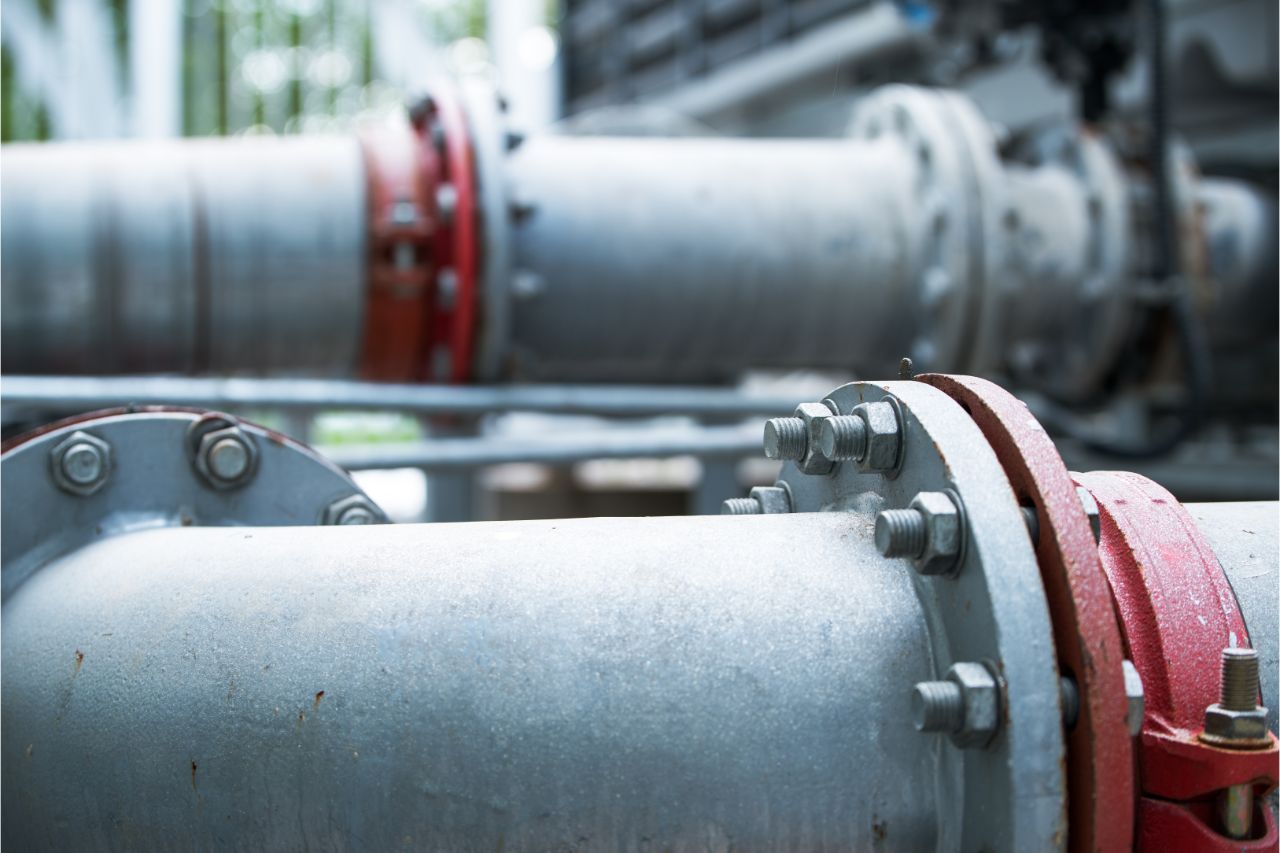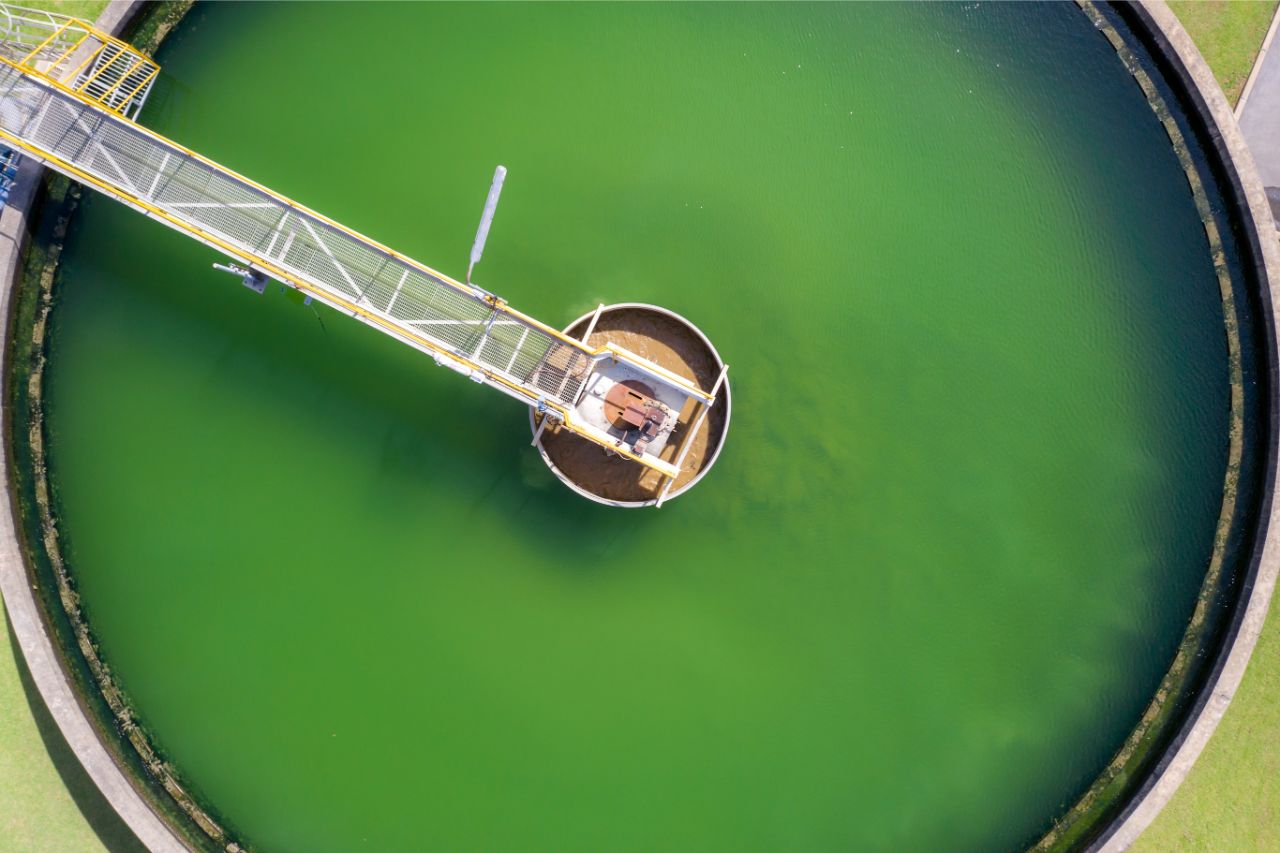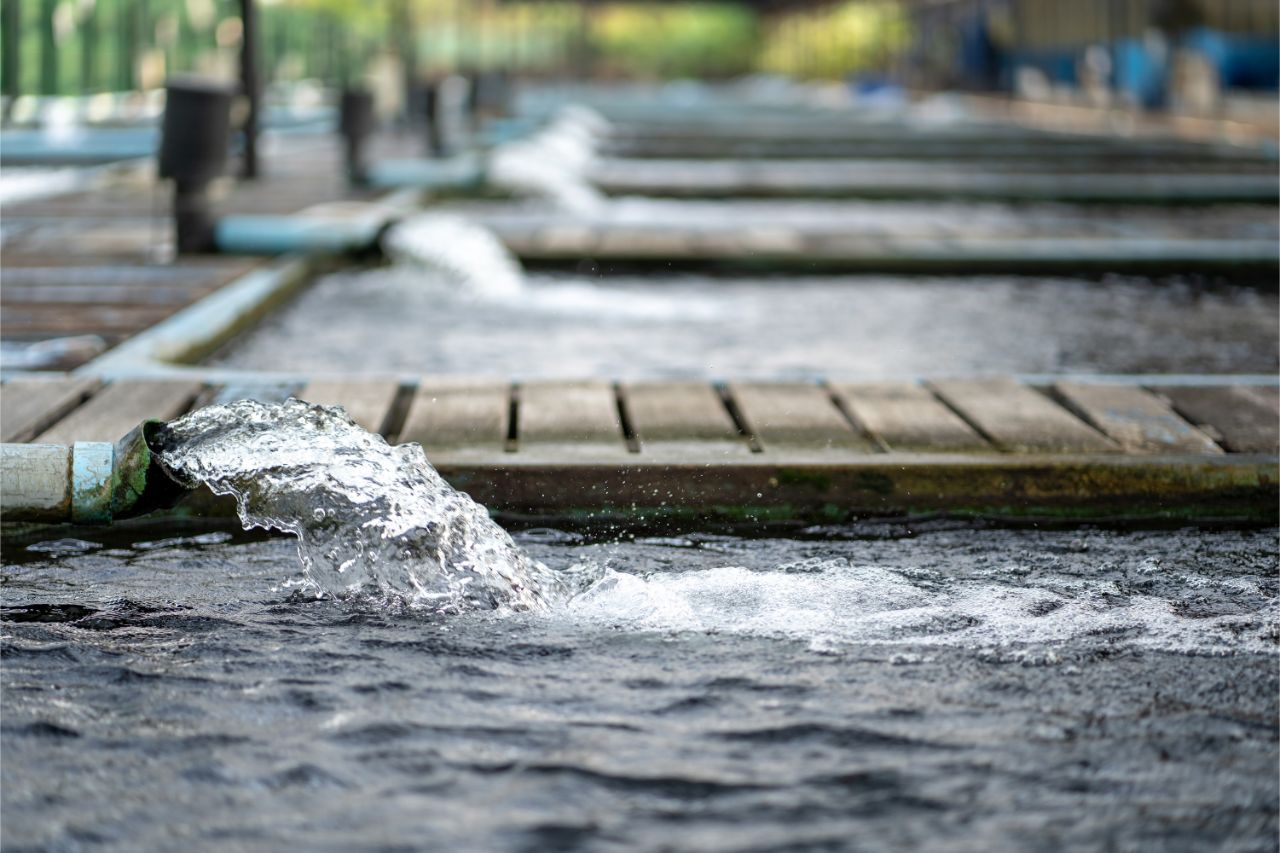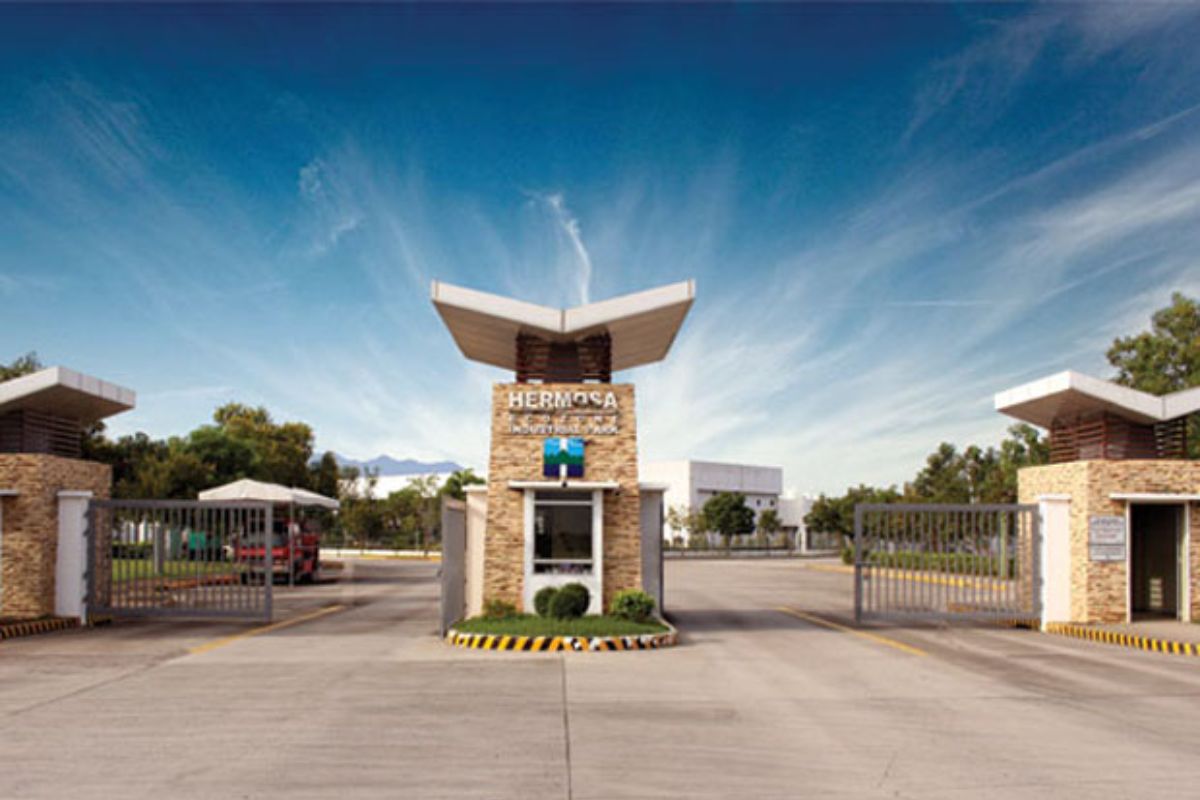What do you need to know about industrial park water management in the Philippines?
- Provisions for wastewater treatment
- PEZA requirements
- Large-volume water supply systems
- State-of-the-art drainage and stormwater system
Industrial parks in the Philippines are zoned areas built for the purpose of industrial development. As specialized infrastructures, industrial parks accommodate a wide array of light and heavy industries such as construction, manufacturing, energy, electronics, and other related sectors that benefit from shared amenities. Among all the features, however, industrial park water management in the Philippines is the one that locators heavily benefit from.
The industrial parks of the Science Park of The Philippines (SPPI) are home to Fortune 500 companies and major multinational companies including Unilever, Procter & Gamble, Pepsi, NXP, NEC, ST Microelectronics, H.B. Fuller, and Nippon Paint to name a few. Given that these clients have large-scale production daily, we made sure to address the need for the sustainable integration of water and wastewater management services.
Water is an extremely scarce resource for the existence of mankind. The goal of industrial park water management in the Philippines is to combat different issues such as environmental degradation, unethical business practices, and limited water supply. Beyond helping curb these challenges, this sustainability effort can improve business success potential by influencing consumer purchasing decisions and investment opportunities. During the ongoing COVID-19 pandemic, an industrial park in the Philippines with pioneering water and wastewater management proved to be a sustainable option for business locators and affected communities.
In this article, we delve deeper into everything you need to know about industrial park water management in the Philippines.
What is Water Management and Why Is It Important For Industrial Parks?
Water is one of the most important substances on the planet. All plants, animals, and humans need water to survive. While the global supply of available freshwater is adequate to meet current water needs, its spatial and temporal distributions are not. There are numerous regions that have inadequate clean water resources to meet human drinking, sanitation, and environmental needs. During the pandemic, all these place a constraint on human health needs. Several concerns also cause an uncertain future for depleting freshwater sources because of climate change, globalization, and urbanization.
Water management is the planning, developing, distributing, and managing the optimum use of water resources. In industrial parks, it aims to minimize the current and future issues of allocating water.
Provisions For Wastewater Treatment

In industrial parks, water is used at any given time in the production of an item and consequently, wastewater is produced as well. If not treated properly before being released back to the environment, the pollutants of wastewater (synthetic chemicals, suspended solids, dissolved solids, metals, pathogens, nitrates, phosphates) have a myriad of negative impacts on the ecosystem — whether it be on plants, animals, livelihood, or human society as a whole.
During the pandemic, the availability of clean water resources to maintain sanitation and hygiene as well as the treatment of virus-contaminated wastewater quickly emerged to be a global concern.
Industrial parks in the Philippines such as SPPI made sure to have provisions for wastewater treatment even before water has been a pandemic concern. During the 1990’s, SPPI pioneered the wastewater treatment plant facility for its park to safeguard water resources and the water quality for its locators. In fact, because of this pioneering initiative of SPPI, PEZA made this a standard requirement for all industrial parks when applying for PEZA initiatives.
As part of its sustainability efforts for proper water management, SPPI continues to regulate waste products through sewage collection and centralized wastewater treatment plants. The Hermosa Ecozone Industrial Park in Bataan alone has a capacity of treating 12,000 cubic meters of wastewater per day. Using an activated sludge procedure, the industrial park can process effluents up to 1,000 biochemical oxygen demand (BOD). The result is a Class B water quality, which is the same classification for recreational bodies of water according to the Department of Environment and Natural Resources (DENR). The other parks of SPPI located in Calabarzon also offers the same water management for its locators.
PEZA Requirements
The Philippine Economic Zone Authority (PEZA) developed a Guideline for Wastewater Management under the cooperation program “Management Approach to Eco-Industrial Development of Philippine Economic Zones”. There are relevant laws and regulations that involve wastewater and water management in economic zones such as industrial estates. This includes connecting to a centralized wastewater treatment facility, pre-treating wastewater, securing wastewater discharge permits, self-regulation, and reporting.
SPPI is the first to introduce the concept of a centralized wastewater treatment plant in each of its industrial parks. As such, PEZA declared SPPI industrial parks as Special Economic Zones and will be entitled to certain fiscal and non-fiscal incentives to encourage foreign direct investments.
Large-Volume Water Supply Systems

Manufacturing companies use water during the production process for creating products or cooling equipment used in creating products. Water is also used for washing, diluting, and transporting a product. During the COVID-19, water usage to mitigate the virus transmission brought by the pandemic such as proper handwashing in industrial park locators is also crucial. In general, water is required for every step of production.
Clients of SPPI will never find their operations hampered by water interruptions. This is because water is supplied to every locator from the deep wells and a dual piping system with a total design capacity of 18,000 cubic meters per day. A centralized water distribution system is also backed up by a full-scale generator system.
State-Of-The-Art Drainage and Stormwater System
Industrial parks in the Philippines contain various features that have made their locators’ operations successful.
Aside from reliable electric grids, a steady water supply system, security, in-house fire-fighting capabilities, transportation within the estate, bank, healthcare facilities, and freight forwarding, SPPI made sure to include a drainage and stormwater management system.
In partnership with Sasaki & Associates Inc., a US-based firm known for its environmentally attuned designs, the stormwater collected in the drainages of the industrial parks is recycled for operations. By having a wastewater treatment facility, the industrial parks can also generate their own electricity and meet the energy needs of their business locators.
During the design process of the state-of-the-art drainage and stormwater systems, even the forecasted future effects of global warming were considered in the masterplan. The Light Industry & Science Park IV, for example, can withstand flooding in 100 years. In general, these investments in innovative water technologies play a crucial role in conserving and protecting water sources. Ensuring that all industrial parks in the Philippines adapt to these corporate social responsibilities will be a key to strengthening global water security.
Key Takeaway
Industrial park water management in the Philippines is crucial more than ever. As a scarce resource, water should be managed and distributed to combat future water allocation issues globally.
At the Science Park of the Philippines (SPPI), we heavily recognize the importance of maximizing water use among our locators. This is why we invest in centralized wastewater treatment plants, drainage and stormwater systems, and continuously regulate our water management with regard to PEZA requirements.
If you are looking for an industrial park in the Philippines, click here to inquire from Science Park of the Philippines. We go beyond being an industrial park that facilitates the day-to-day needs of our locators. SPPI helps businesses and societies to grow with sustainability in mind.



